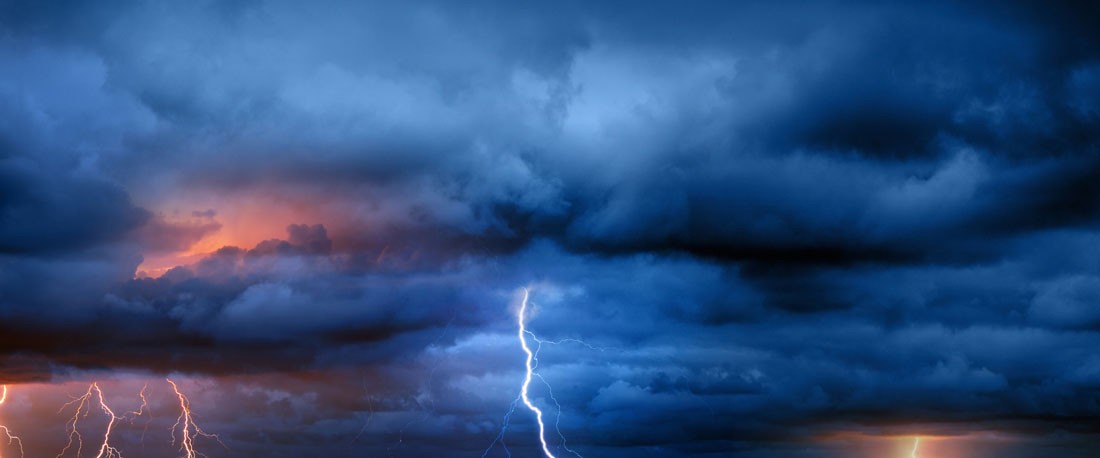Preparation for freezing weather
- Wrap all exposed pipes outdoors or in unheated areas of your home with foam (polyethylene) pipe insulation (available at home improvement or big box stores) and duct tape.
- Remove garden hoses from outside faucets.
- Insulate outside faucets with a Styrofoam dome cover, rags or paper.
- Cover any vents around the foundation of your home.
- Know where your property owner’s cut-off valve is located and how to use it.
- Apply spray lubricant, like WD-40, to the cut-off valve before operating to prevent the valve from breaking.
In sub-freezing weather
- Drip outside faucets 24 hours a day, about 5 drops per minute.
- Remove wrappings on outdoor spigots to allow water to drip to the ground. Where possible, keep wrapping on the exposed portion of the pipes that do not obstruct the water from dripping. It’s only necessary to drip faucets if the temperature is expected to be 28 degrees or lower for at least four hours. Make sure you turn off the faucets after the threat of freezing weather passes.
- Inside your home, open cabinet doors under sinks that back up to outside walls
- If your garage is unheated, shut off the water to your washing machines. Water softeners should be drained and protected from freezing temperatures.
- In sustained sub-freezing weather, let water drip slowly from inside faucets.
- Take extra precaution to protect pipes that have frozen in the past.
If you’re going to be away from home
- Shut water off at the cut-off valve.
- Drain all outside water faucets and leave them open if your house will be unoccupied for several days.
- Set your home’s heating system on a low setting.
- Open any cabinet doors under sinks that back up to outside walls.
If you’re renting your home or apartment, you may be responsible for any personal property damage caused by broken water pipes during severe weather. Contact your property manager, landlord or maintenance staff to locate the cut-off valve and find ways to keep your pipes from freezing or breaking.
